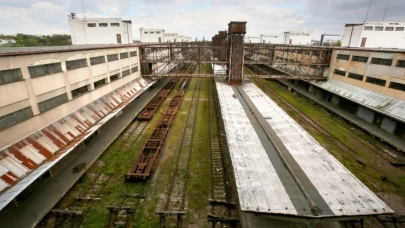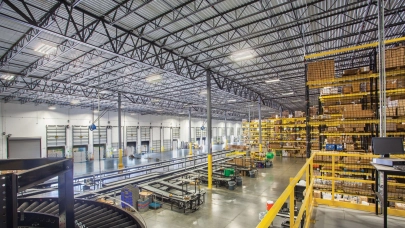
The opening panel at the SEE Property Forum, held in Bucharest by Property Forum, focused on the future of real estate in the context of advancing technology and sustainability demands, both for new and existing properties. Moderated by James Dearsley, CEO of EMEA Verv, the panel featured industry leaders, including Hubert Abt, Max Beard, Costin Bănică, and Emma Toma, who discussed evolving tenant needs, sustainable development, and the impact of technology.
Key insights:
-
Tenant-driven market: Emma Toma, Head of Office Division at AFI Europe Romania, highlighted that Bucharest’s real estate market faces delays in new developments due to permitting issues, making existing and under-construction properties more valuable. Tenants increasingly demand well-located, eco-friendly offices, and developers risk losing business if they don’t upgrade spaces to meet these evolving expectations.
-
Sustainability and visionary development: Costin Bănică from iO Partners emphasized the importance of ESG (Environmental, Social, and Governance) principles, which forward-thinking developers are adopting ahead of regulatory mandates. Early ESG implementation can result in financing and tax advantages, showing that developers with a vision are reshaping urban spaces and benefiting local communities.
-
Human-centric workspaces: Max Beard of Knight Frank noted that post-pandemic, the social role of offices is growing. While technology is essential, Beard cautioned against over-reliance, underscoring that meaningful, in-person interactions foster creativity and community.
-
Challenges in upgrading existing buildings: Hubert Abt, CEO of New Work & workcloud24, pointed out that most office buildings are older and lack built-in sustainability features. He suggested a dual approach—financial incentives (carrots) for sustainable improvements and regulatory requirements (sticks) imposed by lenders—to encourage upgrades in line with environmental goals.
-
Accelerating market dynamics: Abt also noted that while real estate once followed predictable cycles, the pace of change is now much faster, driven by uncertain economic conditions expected to persist for several years. This necessitates proactive planning, with real estate companies looking 5–10 years ahead to anticipate client needs.
The discussion underscored that while technology and sustainability are reshaping the real estate industry, success will depend on balancing high-tech solutions with human-centred design and strategic upgrades of existing spaces.



